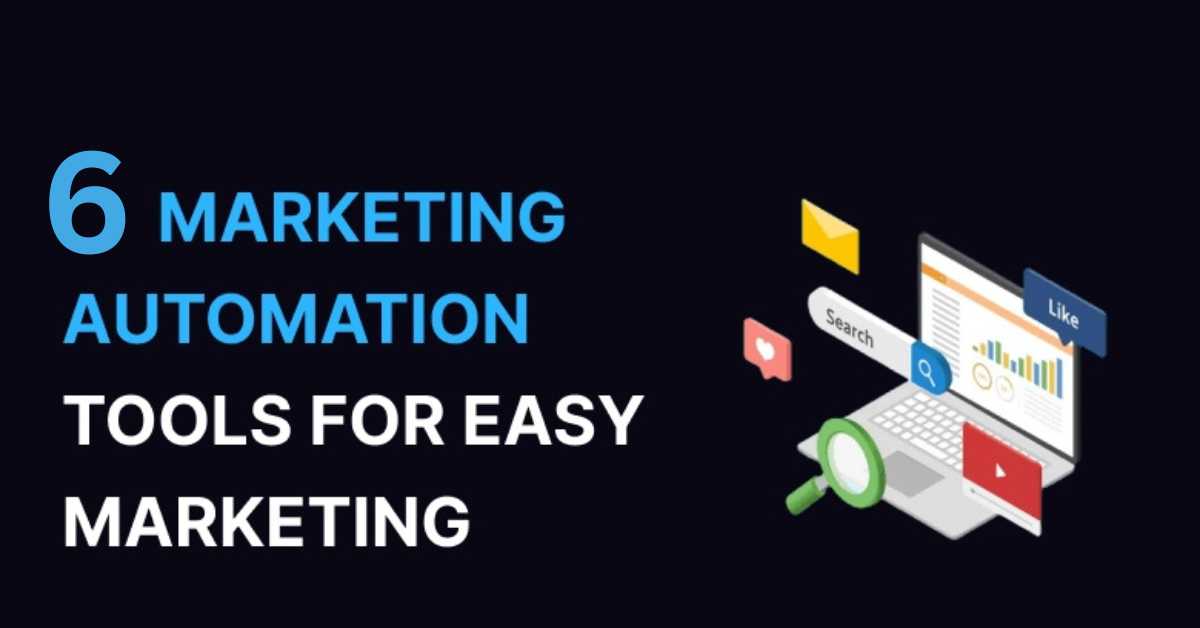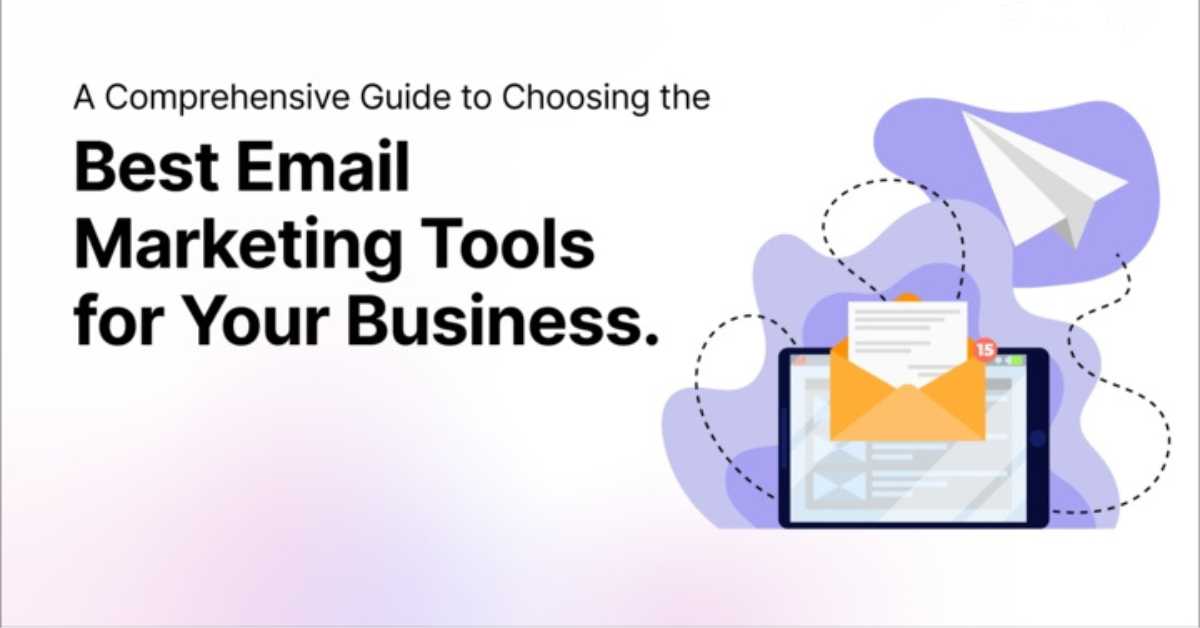Email: [email protected]


As a tech startup founder, you embody innovation and risk-taking, driving disruption and growth in the digital landscape. However, unforeseen challenges can arise, threatening your success and livelihood. Cyber attacks, data breaches, intellectual property disputes, and unexpected lawsuits can devastate your business. Business insurance is a vital safeguard, protecting you from legal liabilities, financial losses, and unexpected setbacks.
In this article, we’ll explore the top 10 reasons why tech startups need business insurance to ensure resilience and success. From cybersecurity insurance to directors and officers liability insurance, we’ll examine the essential policies and coverage options that can help you mitigate risks and thrive in the competitive tech industry.
Tech startups face a high risk of lawsuits, from contract disputes to intellectual property claims. Liability insurance protects your business from financial devastation in the event of a lawsuit. This coverage includes legal fees, settlements, and judgments, ensuring that your startup’s finances and reputation remain intact.
With liability insurance, you can defend your business against frivolous lawsuits and focus on driving innovation and growth. Don’t let the threat of lawsuits hold you back – invest in liability insurance and safeguard your tech startup’s future.
Your tech startup’s assets, such as hardware, software, and intellectual property, are crucial to its success. Asset protection insurance safeguards these valuable assets against damage, theft, or loss. This coverage includes equipment breakdown insurance, which helps repair or replace damaged equipment, minimizing downtime and revenue loss.
Additionally, asset protection insurance may cover legal fees and settlements if your startup is sued for intellectual property infringement. By investing in asset protection insurance, you’re ensuring your tech startup’s assets are secure, and your business can continue to innovate and grow without disruption.
Tech startups face ever-evolving cyber threats, from data breaches to ransomware attacks. Cyber insurance protects your business from financial losses and reputational damage resulting from cyber attacks. This coverage includes costs for data recovery, legal fees, and crisis management.
With cyber insurance, you can respond swiftly and effectively to cyber incidents, minimizing downtime and reputational harm. By investing in cyber insurance, you’re safeguarding your startup’s digital assets, customer trust, and future growth. Don’t let cyber risks hold you back – protect your tech startup with comprehensive cyber insurance coverage.
As a tech startup, your employees are your greatest asset. However, accidents can happen, and workplace injuries or illnesses can occur. Workers’ compensation insurance ensures that your employees receive proper medical care and compensation if they’re injured on the job.
This coverage also protects your business from costly lawsuits and legal fees. By investing in workers’ compensation insurance, you can create a safe and supportive work environment, reduce the risk of legal liabilities, and focus on driving innovation and growth, knowing that your employees are protected and supported.
Unexpected events like natural disasters, cyber attacks, or equipment failures can disrupt your tech startup’s operations, leading to lost revenue and expenses. Business interruption insurance helps cover these costs, ensuring your startup remains financially stable during unexpected downtime.
This coverage reimburses you for expenses like rent, utilities, and payroll, allowing you to maintain your team and operations while getting back up and running. By investing in business interruption insurance, you can minimize the financial impact of unexpected disruptions and quickly recover from unforeseen events, keeping your startup on track for success.
Click on the next page button to continue enjoying the article!












To provide the best experiences, we and our partners use technologies like cookies to store and/or access device information. Consenting to these technologies will allow us and our partners to process personal data such as browsing behavior or unique IDs on this site and show (non-) personalized ads. Not consenting or withdrawing consent, may adversely affect certain features and functions.
Click below to consent to the above or make granular choices. Your choices will be applied to this site only. You can change your settings at any time, including withdrawing your consent, by using the toggles on the Cookie Policy, or by clicking on the manage consent button at the bottom of the screen.
